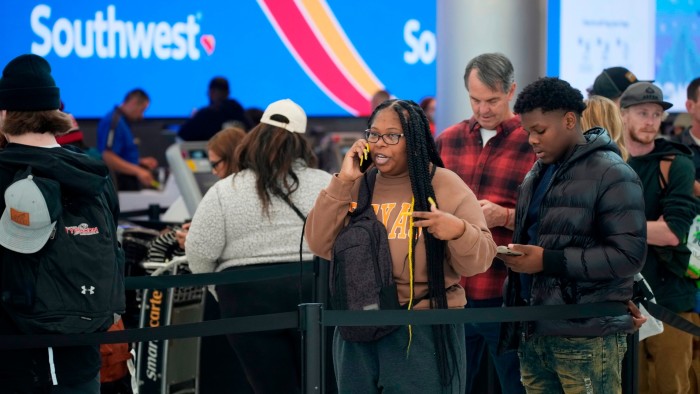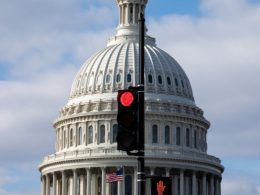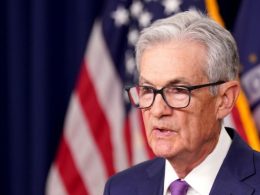Unlock the Editor’s Digest for free
Roula Khalaf, Editor of the FT, selects her favourite stories in this weekly newsletter.
Budget travellers were dismayed this month when Southwest Airlines ended its “bags fly free” policy and began charging for checked-in items. The US low-cost pioneer said the old promise was no longer a sufficient differentiator. It raises a question for US airlines more generally: might charging for bulky carry-on bags be a catchier marketing ploy?
In Europe passengers regularly pay for all but the smallest cabin bags. Travellers in the US, though, play an elaborate game, eyeing fellow passengers’ oversized belongings as they edge towards the gate, wondering whether their rollaboard case, already lugged through security, will be forcibly checked in because the overheard bins are full.
When Southwest allowed free bag check-in, its passengers presumably had one less reason to try to bring their luggage aboard. Now, though, it is following a tradition of airlines pushing passengers to pay for things that were once included. Other examples: seat selection and boarding gate priority, with its increased likelihood of bin space. US airlines raked in $5.5bn in baggage fees last year, according to Department of Transportation data. Payers of ancillary charges are in effect subsidising the few who do fly at the advertised no-frills fare.
Free carry-on luggage makes passengers think they’re getting a bargain. In reality, what they often get is a headache and a forced trip to the baggage carousel anyway. Surveys show that passengers often value reduced travel stress over small cost savings, and also that onboard satisfaction levels are dropping.
So while new charges are never welcomed, a wheeled-case levy could lower airport and onboard angst for everyone. A $50 charge could make sense, versus the $35 charged for check-in bags by the three biggest US carriers. Those who loathe the baggage carousel would pay for the time they save avoiding it. They’d also know the hours they spent squeezing three days of work clothes into a bag and decanting toiletries into tiny bottles were not wasted.

Bags never did fly free, really — not in an industry where every kilogramme matters for fuel calculations. A full flight on one of Southwest’s Boeing 737 Max 8s, seating 175 passengers, holds 1.8 metric tons of baggage overhead — assuming a fairly miserly 10kg per person. The cost of that extra fuel already feeds through to ticket prices one way or another.
Southwest has long been under pressure to change its charges. The airline underwent a lengthy battle with activist investor Elliott Management, calling a truce late last year. Its change of course is proof that ancillary fees aren’t bad for business. If it calibrated them smartly, there’s no reason it couldn’t improve conditions not just for those who pay more, but for everyone at the back of the plane too.
Source link









